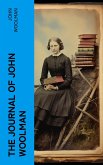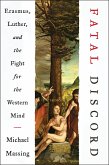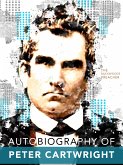In "The Journal of John Woolman," Woolman presents a deeply introspective account of his life as a Quaker abolitionist in the 18th century. This spiritual and philosophical narrative intertwines personal anecdotes with reflections on social justice, emphasizing the moral imperative to live a life of integrity and compassion. Woolman's literary style is marked by its simplicity and clarity, yet it resonates with profound emotional depth, embodying the Quaker ideals of humility and equality. The work stands as a critical document within the context of early American literature, offering insights into the ethical discourse of the Enlightenment while advocating for the abolition of slavery and the humane treatment of all beings. John Woolman (1720-1772) was a pioneering figure in the American antislavery movement. Raised in a Quaker community, he was influenced by the tenets of nonviolence and social equity, which profoundly shaped his worldview. His travels throughout colonial America, where he encountered the harsh realities of slavery and social injustice, prompted him to call for individual moral responsibility and collective action against oppression. Woolman's personal sacrifices and unwavering commitment to his principles serve as a testament to his character and the fervor of his beliefs. "The Journal of John Woolman" is an essential read for anyone interested in the intersections of spirituality, ethics, and social justice. Woolman'Äôs work offers not only a glimpse into the historical context of his time but also timeless reflections on the human condition. Readers are invited to engage with his profound insights and consider their own moral compass in the ongoing struggle for equality and justice.
Dieser Download kann aus rechtlichen Gründen nur mit Rechnungsadresse in A, B, BG, CY, CZ, D, DK, EW, E, FIN, F, GR, H, IRL, I, LT, L, LR, M, NL, PL, P, R, S, SLO, SK ausgeliefert werden.
Hinweis: Dieser Artikel kann nur an eine deutsche Lieferadresse ausgeliefert werden.









